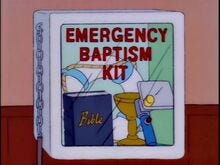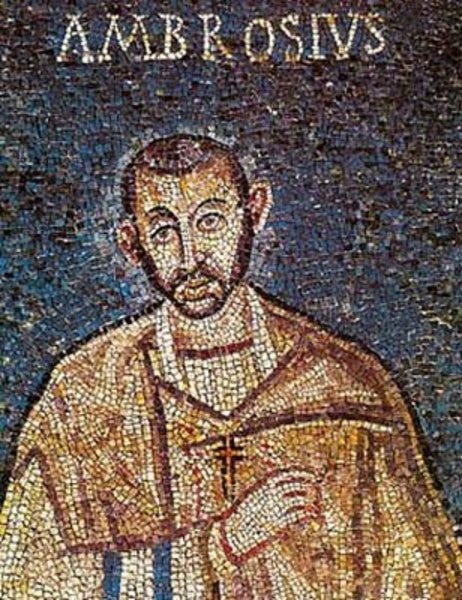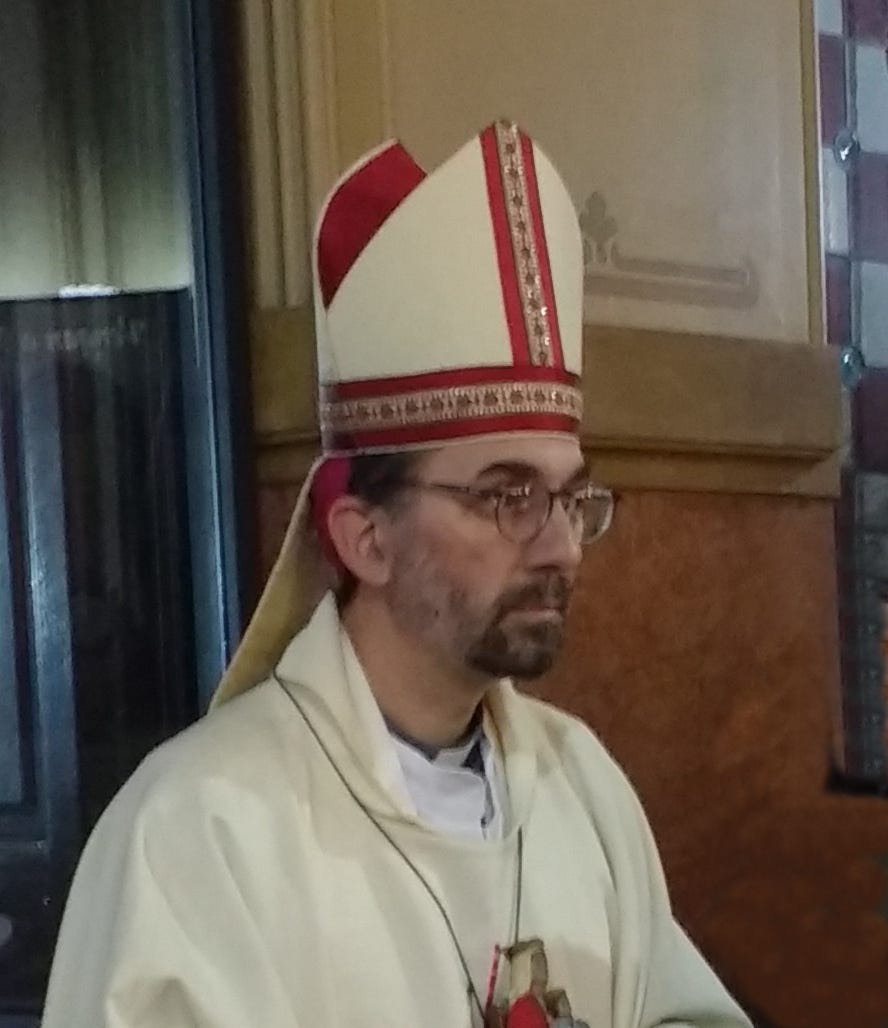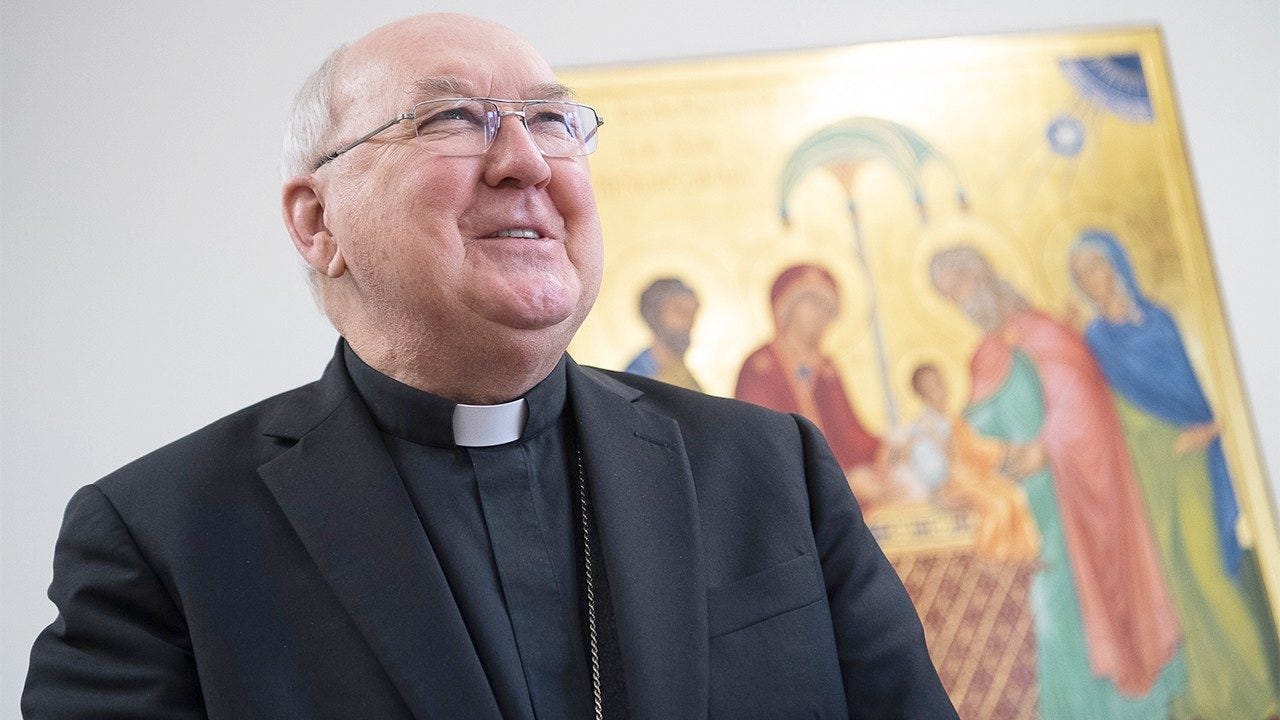Hi ho everybody,
Today is the feast of St. Ambrose, and you’re reading The Tuesday Pillar Post.
I’m sending this newsletter from the mean streets of Crookston, Minnesota, where I’ve been spending a couple of da— Just kidding. The streets are not mean in Crookston, Minnesota. Neither are the people.
In fact, I’ve spent the last few days here in Minnesota to do some reporting, and I’ve discovered just how nice the people of the upper midwest really can be. Of course, this is a very, very small town, a blizzard came through on Sunday, and the temperatures have been been hovering near -5° — but the people themselves are quite lovely.
I’m here in northwestern Minnesota, to cover the latest chapter of a story I began reporting in the summer of 2018.
The Crookston diocese, you might know, was the first in the U.S. to see its bishop investigated for administrative misconduct, under the provisions of Vos estis lux mundi, a set of norms promulgated by Pope Francis in 2019. That bishop was eventually ousted from the diocese (formally permitted to resign, but clearly ousted nonetheless).
Yesterday, Bishop Andrew Cozzens was installed as the next bishop of Crookston. Cozzens is the first to lead a diocese which has already been through a Vos estis Vatican investigation, and seen its bishop removed.
Despite the circumstances under which the bishop was appointed, and the difficult recent history of the place, the atmosphere of the installation was not somber or dismal. Instead, it was the celebration of a new day for the beleaguered local Church, a new opportunity to live and proclaim the Gospel. And the tenor was set by Cozzens, who has spent the last few days telling Catholics that the diocese needs to face the fallout of what has occurred here, and do so with confidence that all things can be made new in Christ.
Crookston, Cozzens made a point to tell Catholics, is “not north of hope.”
Here’s an excerpt from my report on the bishop’s installation Mass, and the years that that led to it:
The Dec. 6 installation of Crookston’s new bishop was a striking moment in the history of the Church because of a detail some might have missed:
Ron Vasek was in Crookston’s cathedral.
He had come to worship God, in the Holy Sacrifice of the Mass, with his new bishop. And Ron was welcomed, by his bishop, and by his Christian community.
Vasek is the Minnesota Catholic whose allegations against Crookston’s former Bishop Michael Hoeppner led to the first resignation of an American bishop under the aegis of Vos estis lux mundi, a set of norms approved by Pope Francis in 2019.
For the Vaseks and those who have supported them, Cozzens’ installation ceremony felt like a moment of long-awaited justice, a triumph of hope, and certitude that God had been faithful.
—
Among Cozzens’ new responsibilities will be to forge unity among a small presbyterate, divided by painful recent events in their diocese, and spread out across considerable distance over the prairies and tundra of rural Minnesota.
For that task, the bishop will draw from a unique set of experiences: His decades of participation in the Companions of Christ, a clerical association of priests in the Archdiocese of St. Paul and Minneapolis.
The group’s members aim to support one another in priesthood, through common life, common prayer commitments, and even common study. When possible, they live together.
To Hebda, “it’s not surprising there there are priests all over the country who are interested in the Companions’ model” of diocesan priesthood. I’m not especially surprised either. Take a look at the life of the group, and you might see why it has proven attractive to young priests and seminarians — and why groups like the Companions will figure prominently into the future of diocesan priesthood in America.
—
Cozzens is not the only new diocesan bishop covered at The Pillar this week.
Of course, Hong Kong is the middle of a political transition, from a democratic, near-independent Chinese territory to a region governed with tight Beijing controls on free speech and free association. Bishop Chow has not shied away from recognizing the problem, but now he must lead the Church through it.
He said Saturday that he hopes to “foster healing,” and acknowledged “it is not easy, given the painful damages that different parties have experienced in their own ways in the past two years.”
—
While new bishops were installed, Pope Francis on Monday discussed the resignation of an archbishop, Archbishop Michel Aupetit of Paris, whose resignation was accepted by the pope last week.
But it’s not clear, at least to me, what Pope Francis was actually trying to say about the archbishop’s resignation, or whether it signals some kind of shift in his approach to personnel management and media scandals.
—
Finally, a set of interview tapes leaked last week out of the Vatican financial trial — all of them recordings of interview with Msgr. Alberto Perlasca, a key witness for Vatican prosecutors.
What’s in the tapes?
An explanation of the pope’s role in the Vatican’s boondoggle purchase of a London luxury building.
The account of an episode in which the now-indicted Cardinal Becciu snaps at Perlasca for failing to delete transaction records.
Discussion about Cecilia Marogna, the woman who has said she was Becciu’s personal spy inside the Vatican.
If you’ve followed the case carefully, nothing in the Perlasca tapes is exactly new information, but — even if you’re only a casual follower of the trial — it sure makes for interesting reading. Check it out.
St. Joseph’s penal law
Most readers know that earlier this year, Pope Francis promulgated an entirely new version of the Church’s universal penal law — the norms establishing canonical crimes, and aiming to create a robust “criminal justice system” in the life of the Church.
Those new norms, which encourage bishops to more seriously and stridently apply canonical solutions to clerical misconduct of all kind, take effect tomorrow. And in fact Pope Francis tossed in today a few final laws, just for good measure, which are designed to clarify some procedural aspects of handling graviora delicta — more grave delicts, or serious canonical crimes, in the life of the Church.
The Church’s new penal laws are meant to address an issue that both Pope Francis and his predecessors have seen in the administrative life of the Church - an aversion on the part of the many bishops to using the Church’s penal provisions to help priests nip small problems in the bud before they fester into major problems.
There is, or can be, a kind of underlying antinomianism in the Church that actually reflects an anthropological problem. It’s reflected in a tendency to treat incidents of clerical misconduct first as psychological problems, as evidence of being wounded, rather than as the deliberate and disordered sinful choices of people with human agency and the capacity to commit sin. Anyone who has worked in the area of “priest personnel” has seen this — a kind of reflexive inclination to send a man struggling with sin for a psychological evaluation and a period of treatment.
Psychology is a useful tool, and therapy is a useful and often important aspect of human formation and personal development. The danger comes when it is a substitute, rather than a complement, to a worldview which sees misconduct in the context of the Christian narrative: Sin, contrition, repentance, reconciliation.
Traditionally, the Church has regarded her own penal law as a means of reforming offenders, restoring justice, and repairing scandal. Pope Francis has said he wants those goals to be at forefront for ecclesial leaders again — and said he wants to ensure that bishops are confident that actually making use of the Church’s penal law will achieve its intended effects.
The burden is on young bishops, like the newly installed Bishop of Crookston, Andrew Cozzens, who are charged with leading a kind of paradigm shift in ecclesial governance — moving away from the predominantly clinical approach that became pervasive in the Church in the 1970s, and moving towards an approach to discipline which sees punishment as an expression of love, rather than as, like, a drag, man.
The diocesan bishop is both brother and father. Fatherhood means often holding the line — providing the freedom that is borne of boundaries and clear expectations. The new provisions of penal law, those which take effect tomorrow, are a call for diocesan bishops to express that fatherhood.
Perhaps it is no coincidence that our new penal laws take effect on the final day of the Church’s Year of St. Joseph.
Final thoughts
— I remind you that during the month of December, The Pillar will donate $10 for each new paying subscriber to our work to Aid to the Church in Need, a charity which supports poor and persecuted Christian communities around the world. We’ll make the donations in the form of Mass stipends, offerings to poor priests leading poor communities in poor parts of the world. We’ll ask those priests to say Masses for the intentions of The Pillar’s readers, and for the holiness of the Church.
In many parts of the world, priests survive almost entirely on the Mass stipends that come through organizations like Aid to the Church in Need. And many of them also use those stipends to buy things like clean water and fresh food for the people of their parishes. So the money matters in a lot of parts of the world, more than most of us in the West tend to realize.
Plus, if you’ve read this far into today’s newsletter, you obviously value the work The Pillar is doing. We make it freely available, but it’s not free to for us to make. If you can, join our team. Our aim is to tell the truth about the life of the Church with expertise and with courage — and at the same time, to be charitable. Our aim, in short, is to tell the truth from a position of hope in the promises of the Gospel, and the person of Jesus Christ.
So, listen, if you can, pony up and paying a paying subscriber! We need you.
If you can’t, don’t sweat it. And if you want, give somebody a gift of a Pillar subscription for Christmas. They’ll love it.
— One of the best parts of my trip to Minnesota was meeting a lot of Pillar readers, and listeners to The Pillar Podcast. It turns out we’ve got some friends in the North Star State, so we’ll probably make it a point to come back here soon — I owe a number of Minnesotans a bourbon or two.
— St. Ambrose of Milan, whom we celebrate today, is well remembered as the mentor of St. Augustine of Hippo. And some people remember him as the saint mentioned by Homer Simpson after he was baptized in the River Springfield, by Ned Flanders.
Less often remembered is that Ambrose was acclaimed the Bishop of Milan before he was even baptized — in 374, the people of Milan called for him to be made their bishop, while he intervened in a conflict between Arians and orthodox believers.
Ambrose did not want to be a bishop. He hid at first, at the home of a friend, but the friend was soon convinced that Ambrose should follow the people’s call. Of course, Ambrose had to be baptized first, but shortly after he was chosen for his job, he was baptized, ordained a priest, and consecrated bishop.
His biography is striking, but perhaps most powerful is his holy death in 397. Here’s how Benedict XVI recounted it in 2007:
Ambrose “died in Milan in the night between 3 and 4 April 397. It was dawn on Holy Saturday. The day before, at about five o'clock in the afternoon, he had settled down to pray, lying on his bed with his arms wide open in the form of a cross. Thus, he took part in the solemn Easter Triduum, in the death and Resurrection of the Lord. ‘We saw his lips moving,’ said Paulinus, the faithful deacon who wrote his Life at St Augustine's suggestion, ‘but we could not hear his voice.’
The situation suddenly became dramatic.
Honoratus, Bishop of Vercelli, who was assisting Ambrose and was sleeping on the upper floor, was awakened by a voice saying again and again, ‘Get up quickly! Ambrose is dying...’
‘Honoratus hurried downstairs,’ Paulinus continues, ‘and offered the Saint the Body of the Lord. As soon as he had received and swallowed it, Ambrose gave up his spirit, taking the good Viaticum with him. His soul, thus refreshed by the virtue of that food, now enjoys the company of Angels.’
On that Holy Friday 397, the wide open arms of the dying Ambrose expressed his mystical participation in the death and Resurrection of the Lord. This was his last catechesis: in the silence of the words, he continued to speak with the witness of his life.”
St. Ambrose of Milan, pray for us.
And of course, please be assured of The Pillar’s prayers for you. And pray for us — we need it.
Yours in Christ,
JD Flynn
editor-in-chief
The Pillar






